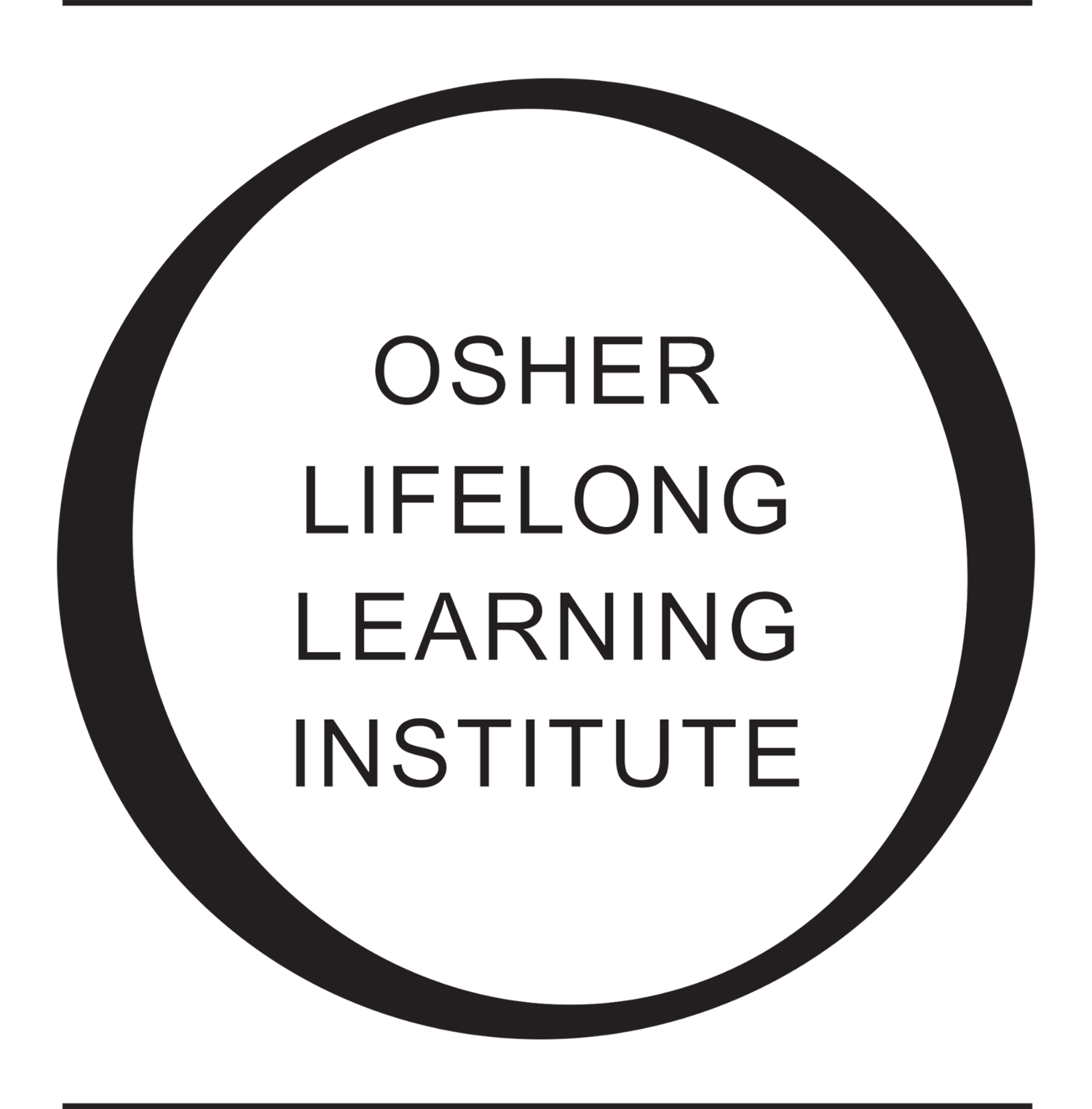Osher at CMU Policy and Procedures: An Overview
Amongst the well-loved and followed courses offered by Osher at CMU are the etymology classes taught by David Fortun. With more than 170,000 English words currently in use, the opportunities to study the origins and evolution of particular words through history is nearly endless. In preparing to write this short article, I decided to check the etymology of the word — policy — since it is a word used by literally all organizations. This is what I found.
Policy originated in the late14th century and referred to “way of management.” The word originated from the Latin word politia -- "the state, civil administration” and from the Greek politeia -- "state, administration, government, citizenship.” Today, governments, parties, organizations, businesses and/or individuals adopt policies to set a deliberate set of principles that guide decision-making, actions and outcomes.
The Osher at CMU Bylaws prescribe how Osher is organized and the principles it follows to achieve its mission. The Board of Directors then establishes policies which define how to implement these principles to enable achievement of the organization’s mission while complying with all local, state, and federal requirements applicable to Osher. We utilize our online website to communicate with members, prospective applicants, and other interested parties. In particular, our bylaws and some of our policies are available on the website and some are listed in our course catalogs. Members are encouraged to freely access these important resources. In order to more effectively communicate how Osher operates, more of the organization’s policies will be made available on the website over the next several weeks.
The following highlights a few of our policies that are relevant to our day to day interactions with and between members. These policy documents are accessible on our website in the “About” section.
- Communications Policy — This policy delineates the organization's use of electronic communications media and responsibilities of our members. The bylaws of the organization stipulate that the Board President is the chief spokesperson for Osher at CMU. The Executive Director is responsible for outreach to CMU, maintaining effective communications and interfacing with Bernard Osher Foundation and all other external entities.
- Conflict of Interest Policy — This vital policy pertains specifically to individuals who serve on the Board of Directors.
- Privacy Policy — This high-priority policy sets forth our practices for protecting personal information. Osher expressly prohibits the use of personal information or computer databases for any purpose other than conducting the business of the Osher organization.
- Values and Expectations – This document provides Osher at CMU a dynamic, intellectually stimulating, and participative environment of continuous learning. To ensure the effectiveness of that environment, we highly value: mutual respect, personal and academic integrity and civil discourse.
These are only a few of the guiding principles for Osher at CMU. Other policies address specific internal actions such as document retention etc. used to operate Osher at CMU and are located in documents such as our Human Resources Manual and Financial Manual. As the current leader of our dynamic organization, I am committed to establishing, maintaining, and communicating policies and procedures that lead to effective decision-making, rational outcomes and trust from our members and partners.
Allan Hribar
President, Osher at CMU
